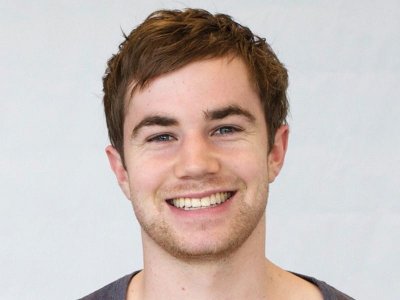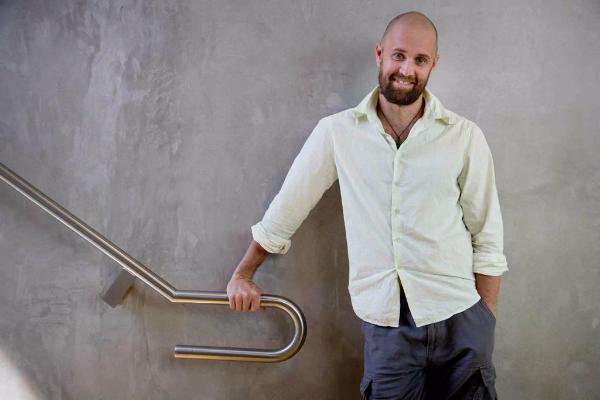
Research is giving answers to more than 1500 Australians with a rare and debilitating genetic disorder that caused their brains to develop unusually.
The University of Queensland research may explain what leads to brain overgrowth – a characteristic of Sotos Syndrome and Marshall Smith Syndrome.
The lead author and a PhD candidate at UQ’s School of Biomedical Sciences, Lachlan Harris, said the research was a significant contribution to understanding how the brain develops, and could help patients better understand their condition.
“Each unborn child has a certain number of stem cells in their developing brain,” Mr Harris said.
“These stem cells need to differentiate, at the right time during brain development, to make the right number of neurons.
“If these cells differentiate too early you get a smaller brain; if they take too long you get a larger brain, and both cases can lead to impaired brain function.
“We found that deficiency in a gene called Nuclear factor one (Nfix) leads to the development of larger brains – an attribute common in Sotos and Marshall Smith patients.”

Dr Michael Piper, of UQ’s School of Biomedical Sciences and the Queensland Brain Institute, said little information was available to parents of patients with these conditions.
“The new information can help provide better diagnostic information and counselling to parents whose unborn child has a mutation in this gene,” he said.
“We can let them know some of the things that are likely to happen in advance so they can prepare themselves earlier.”
Patients with these debilitating syndromes themselves also have previously had little information about how altered brain development gives rise to these disorders’ particular symptoms.
“Being able to fill that gap for patients is an exciting development,” Dr Piper said.
The Hydrocephalus Association, the Australian Research Council and the National Health and Medical Research Council supported the collaborative research.
One in 14,000 people suffer Sotos or Marshall Smith syndrome in Australia.
Children who are diagnosed with these syndromes can live long lives but often experience learning disabilities or delayed development of mental and movement abilities.
The research is published in international journal Development.
Media: Lachlan Harris, l.harris2@uq.edu.au; Dr Michael Piper, m.piper@uq.edu.au; Bernadette O’Connor, bernadette.oconnor@uq.edu.au, 0431 533 209.



